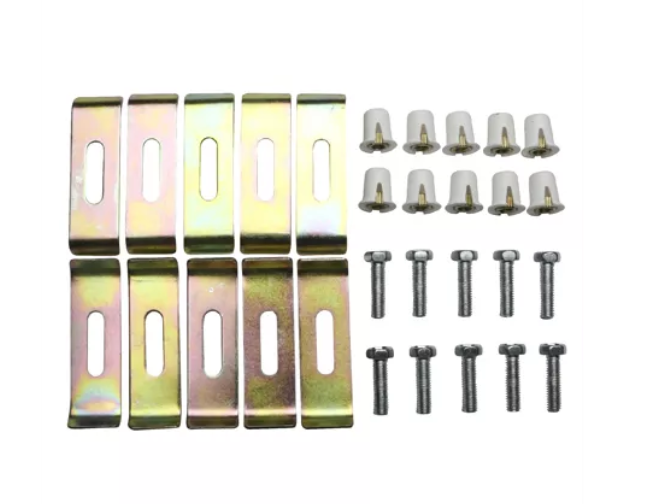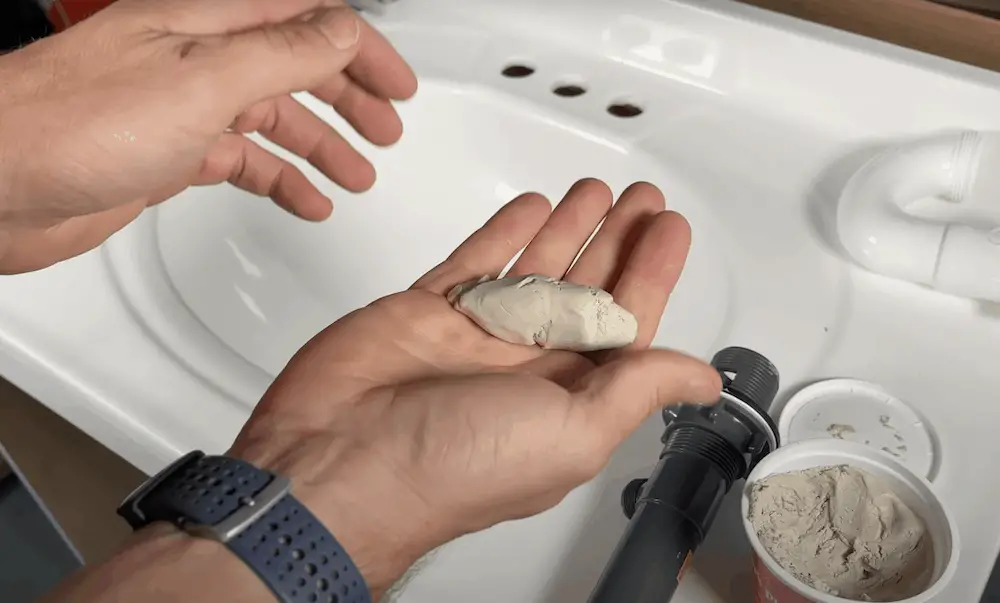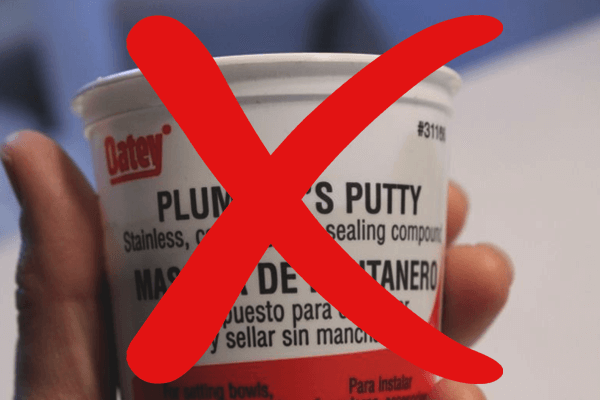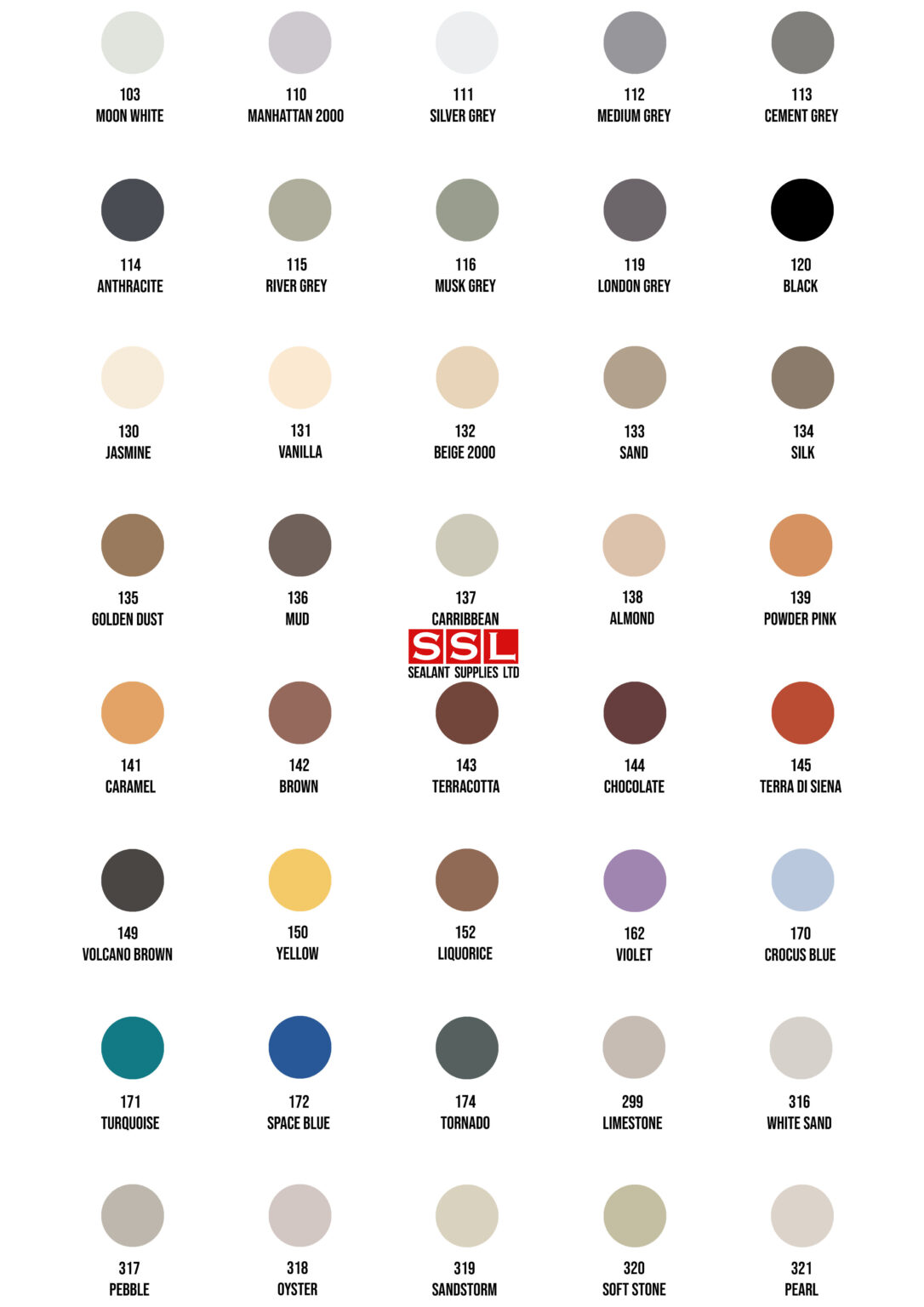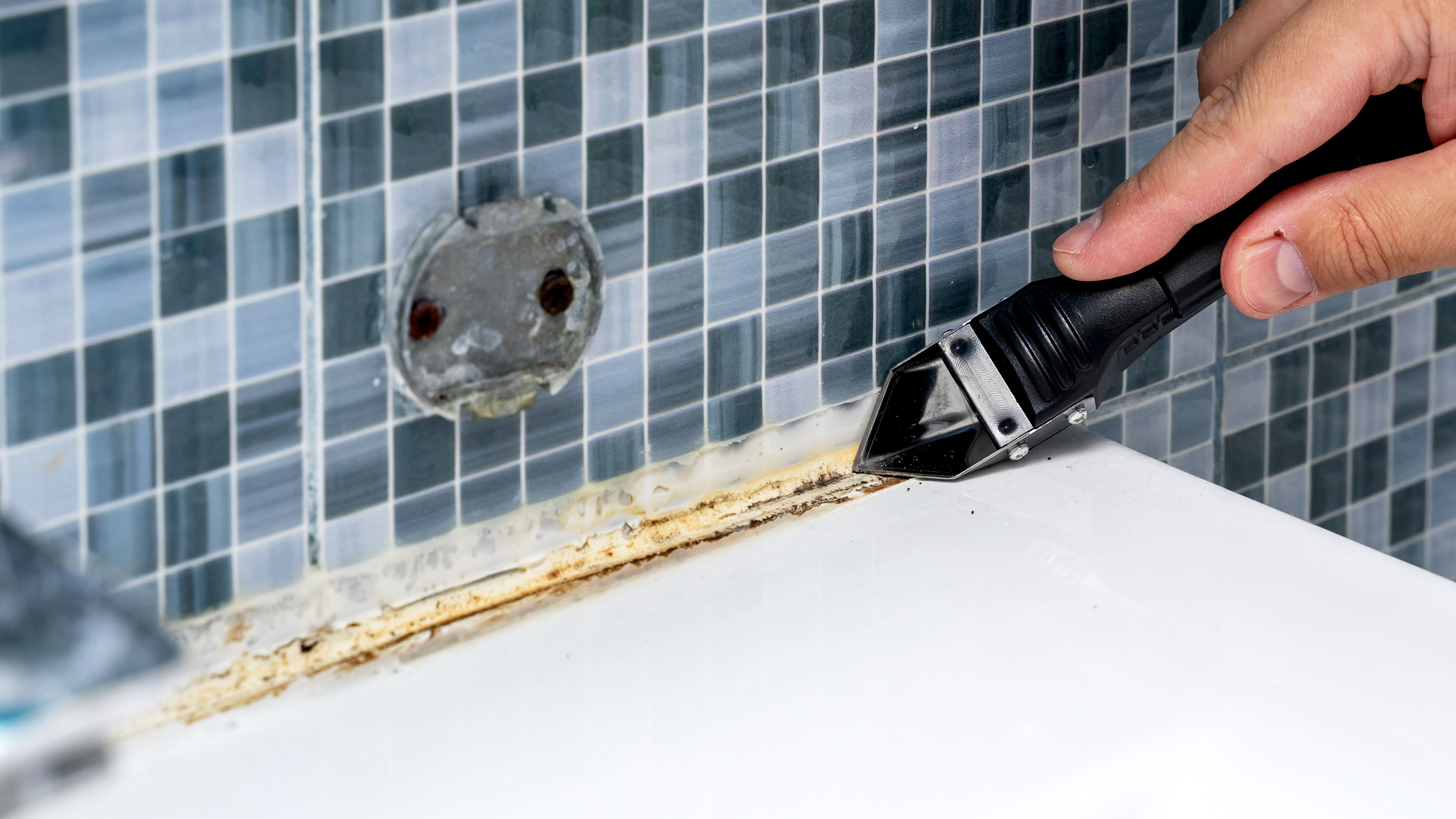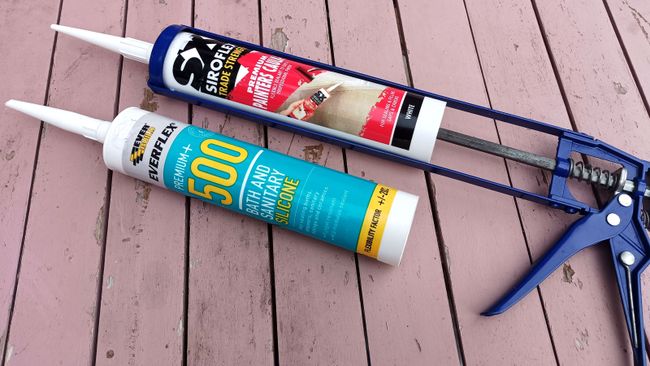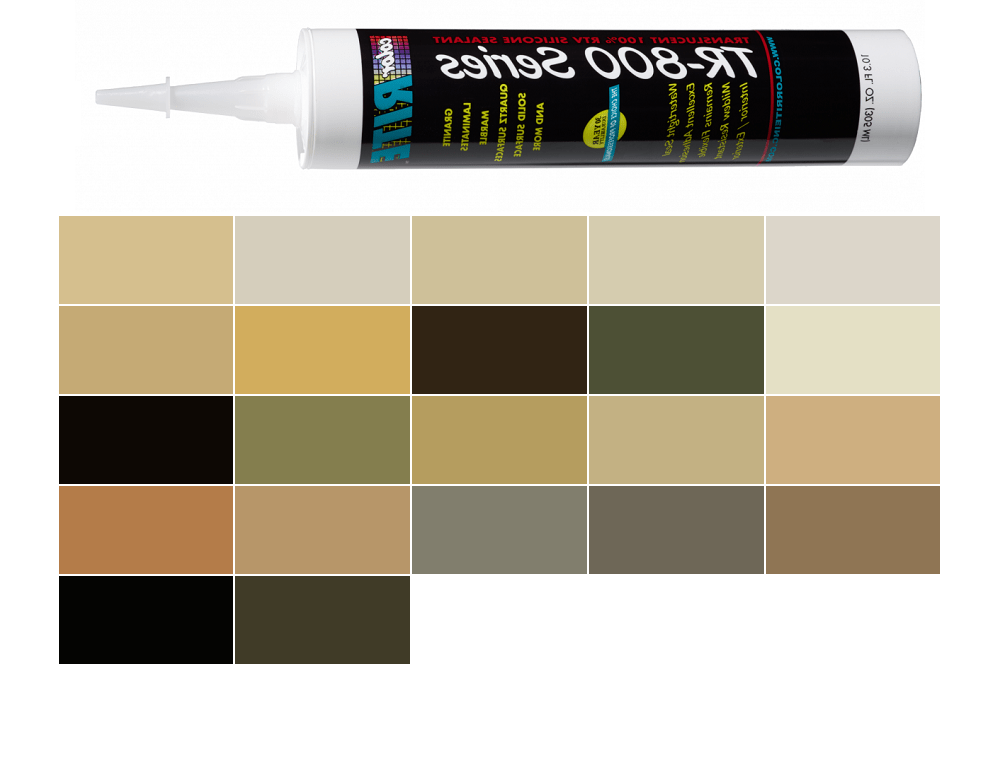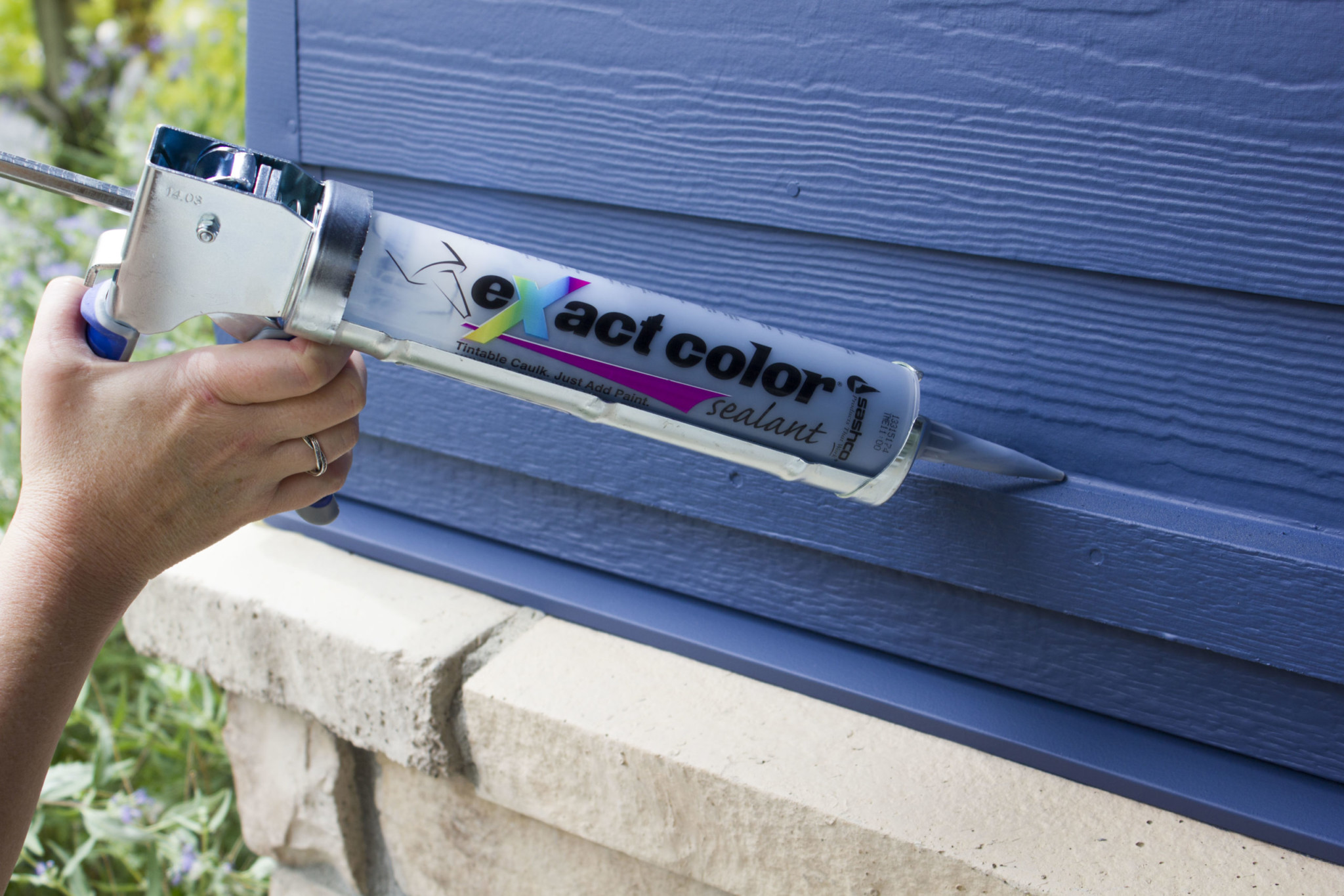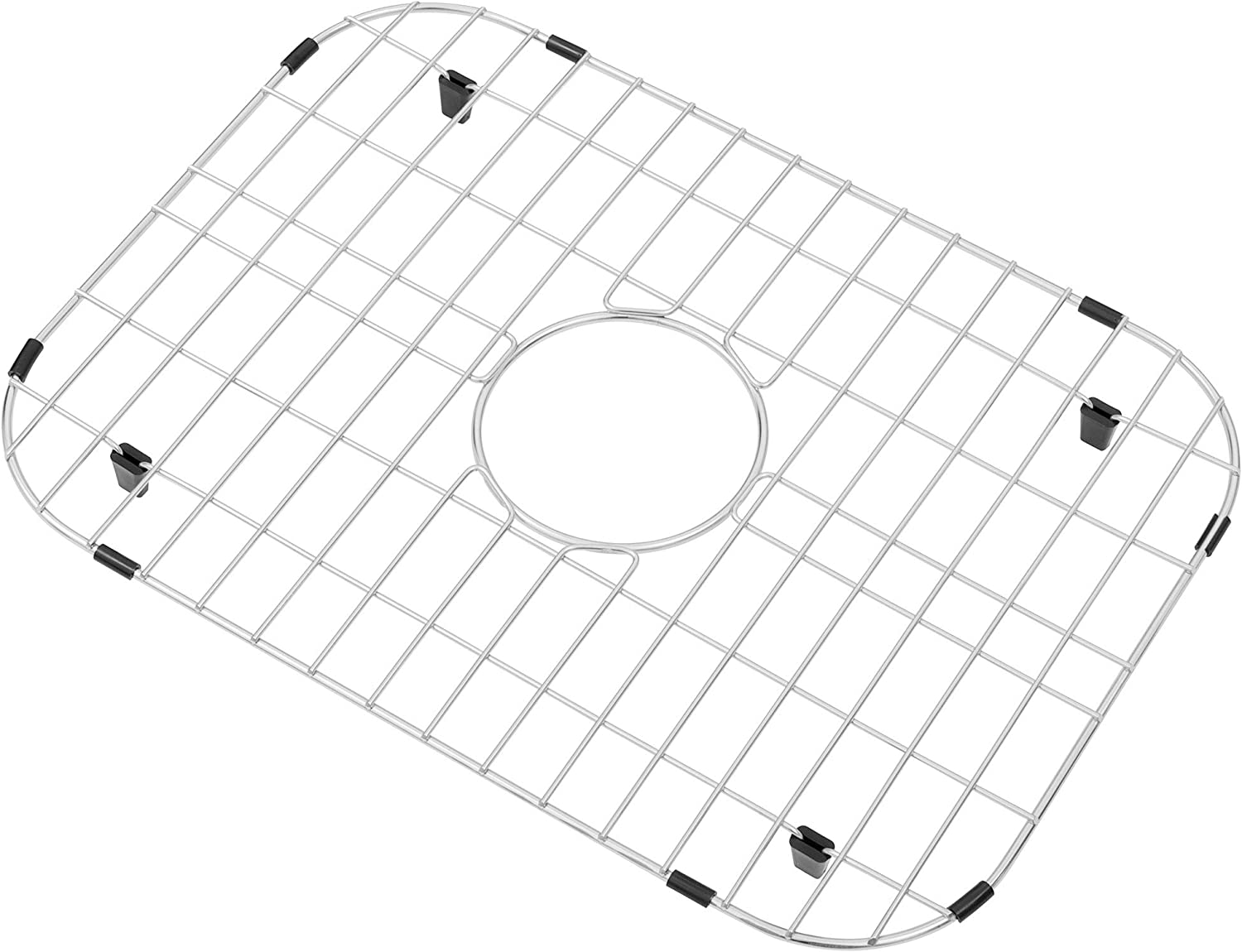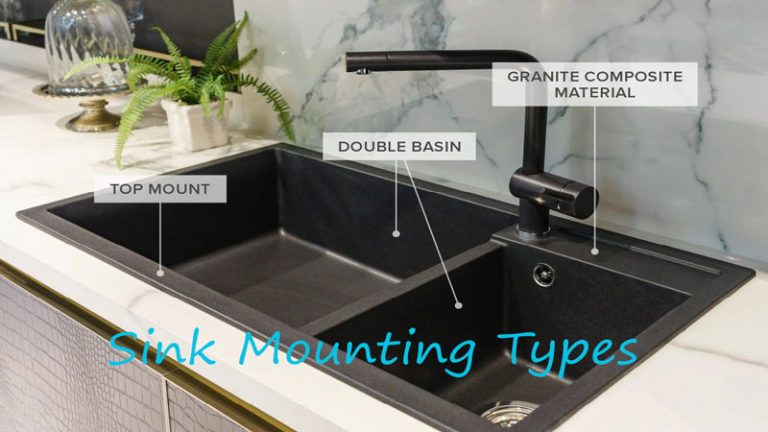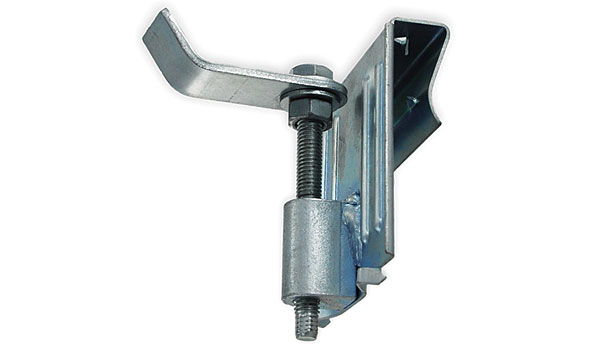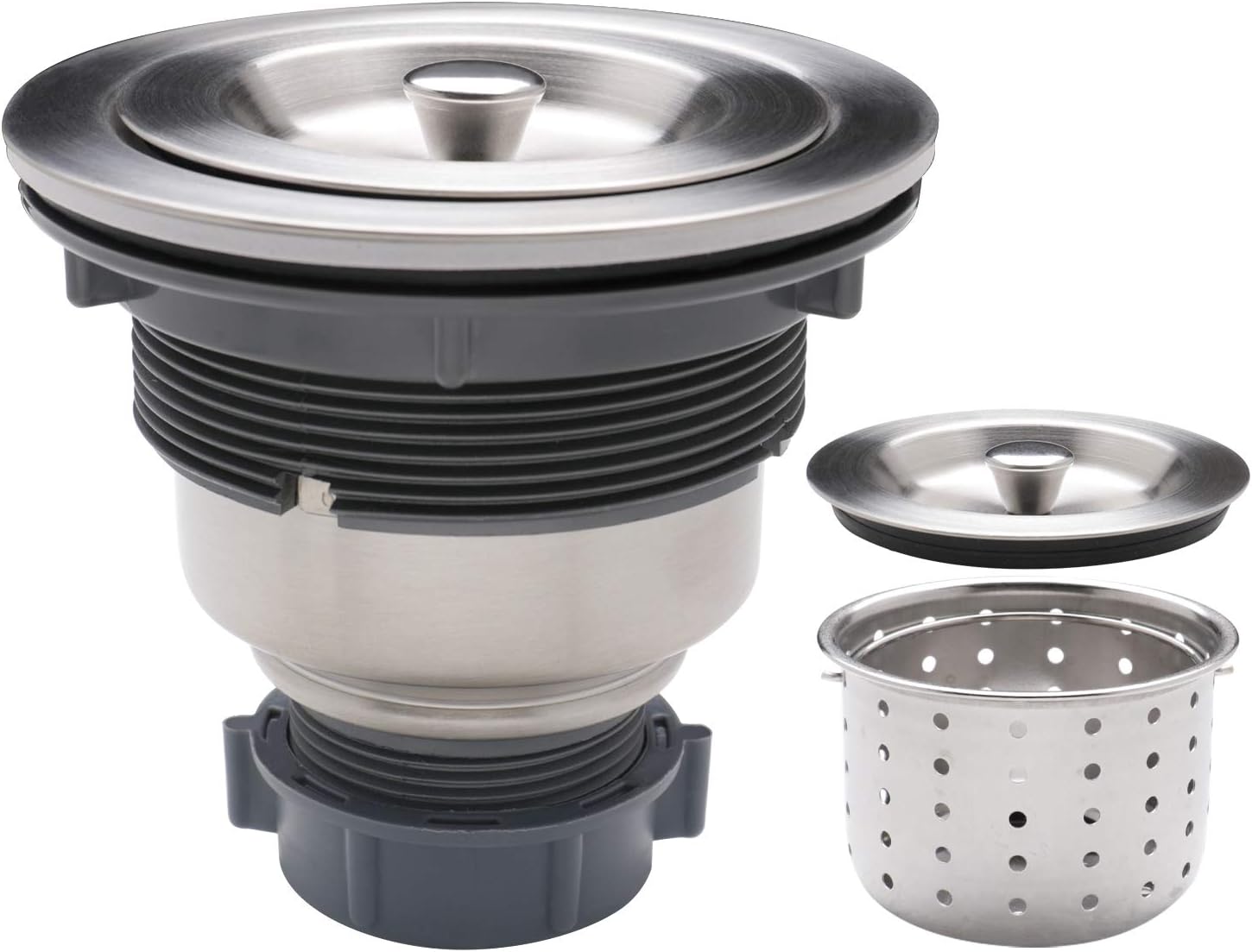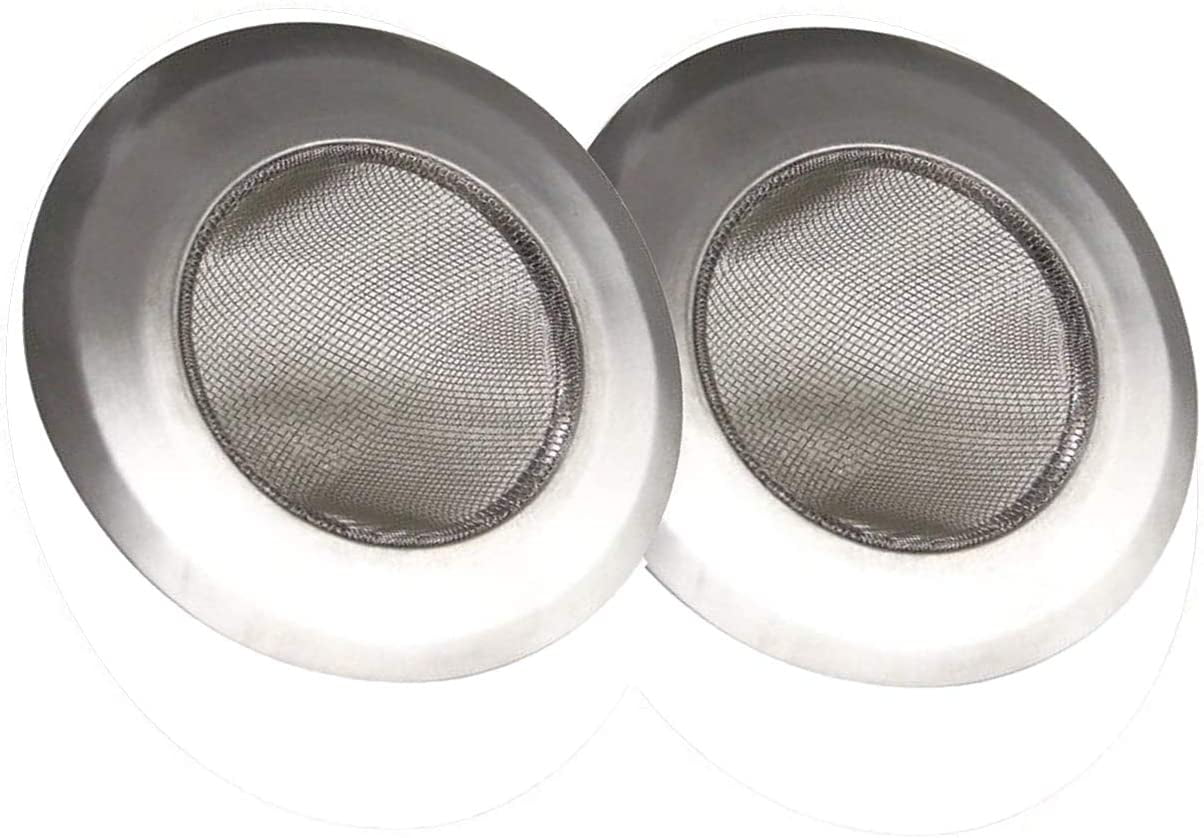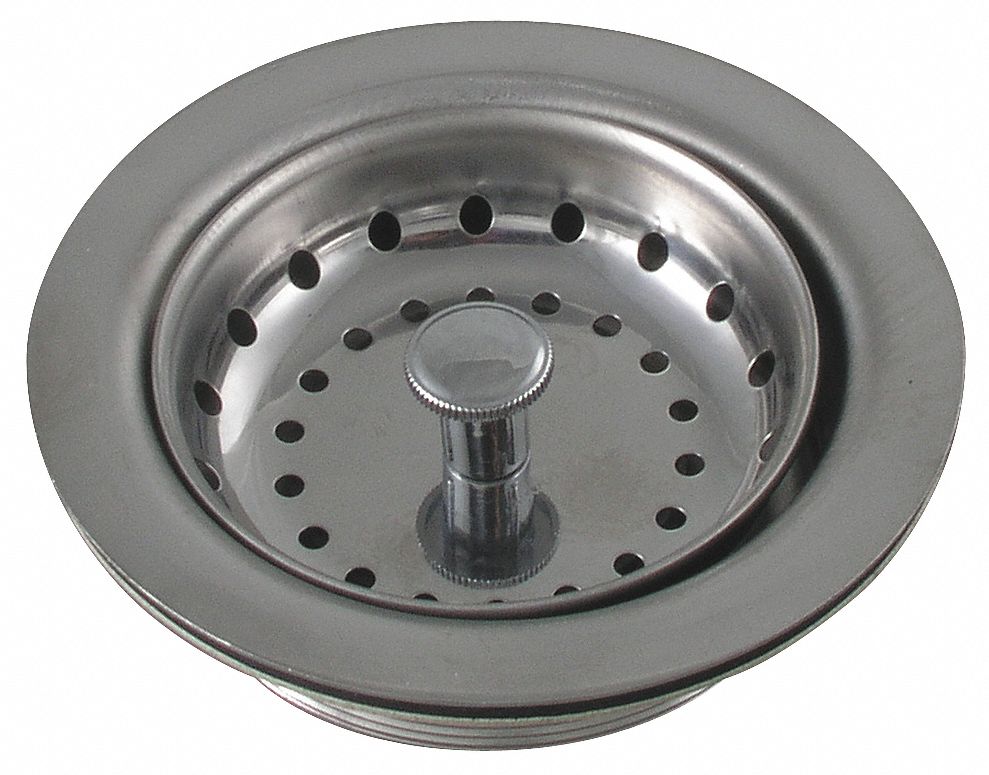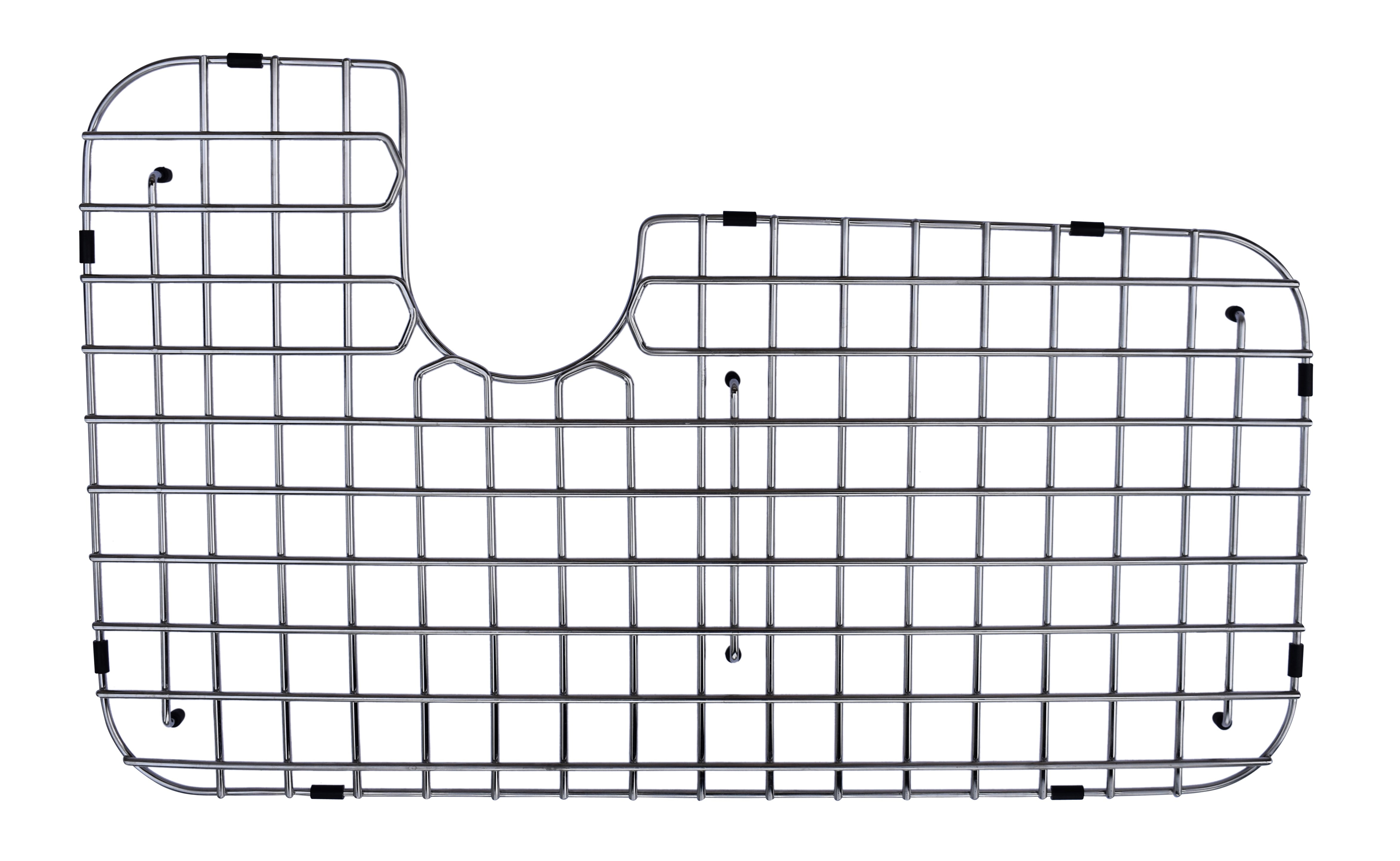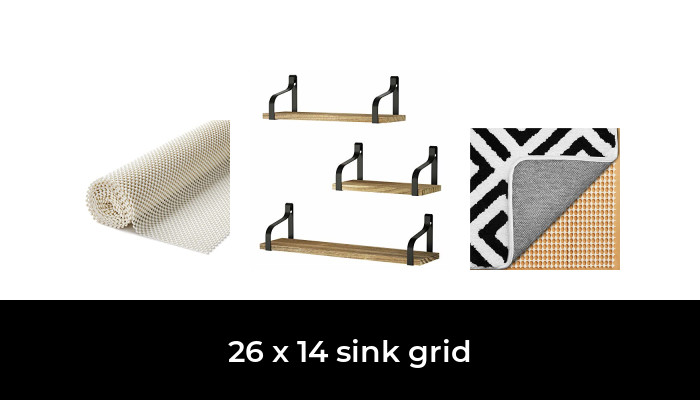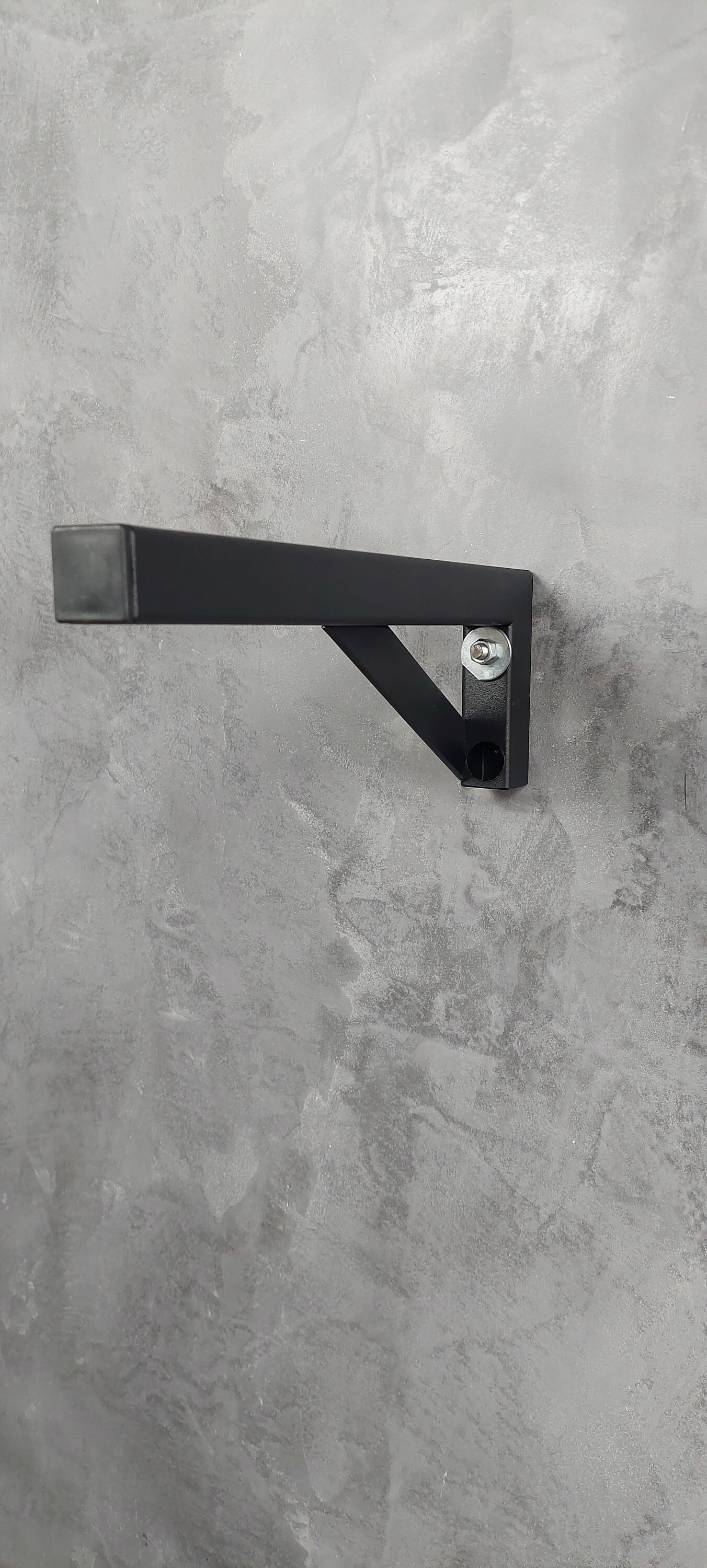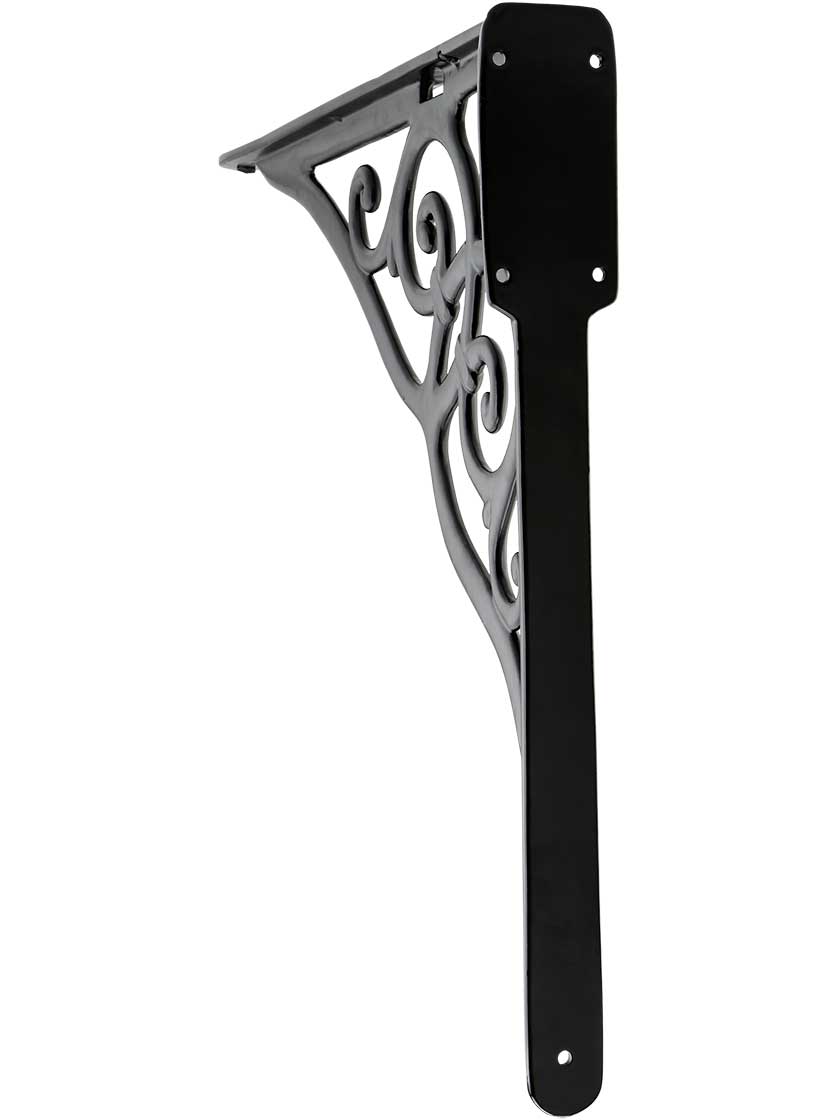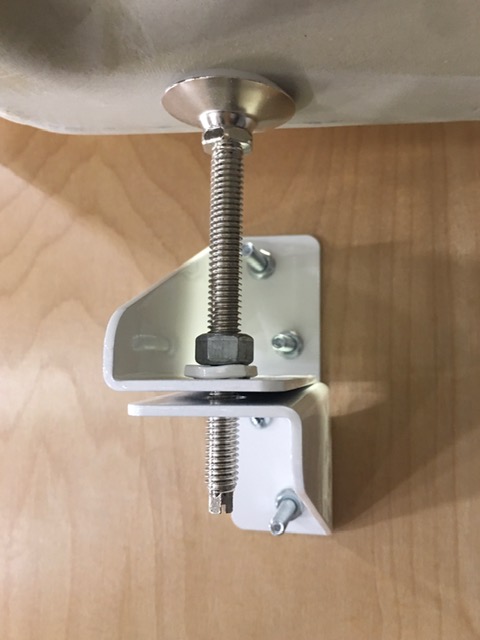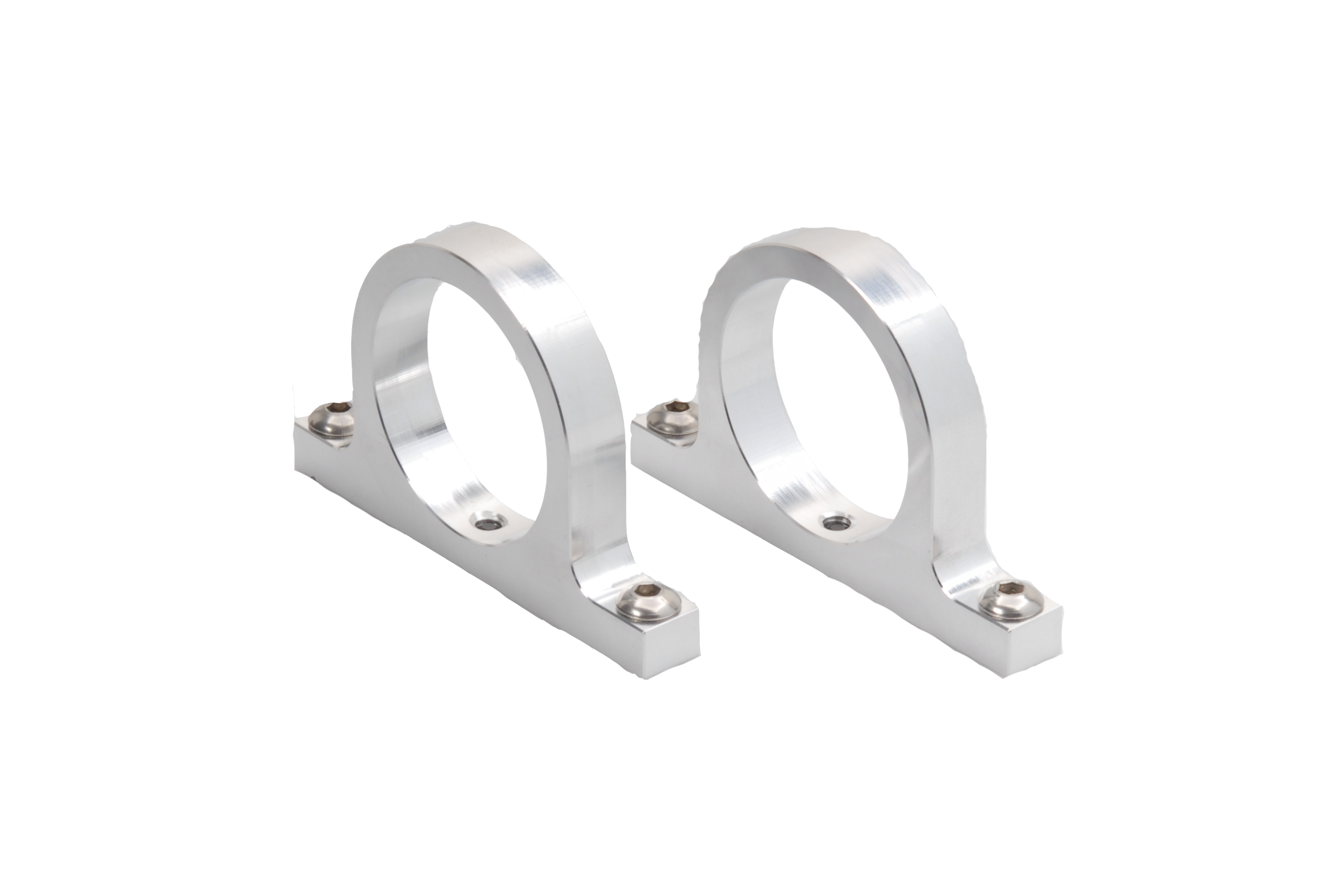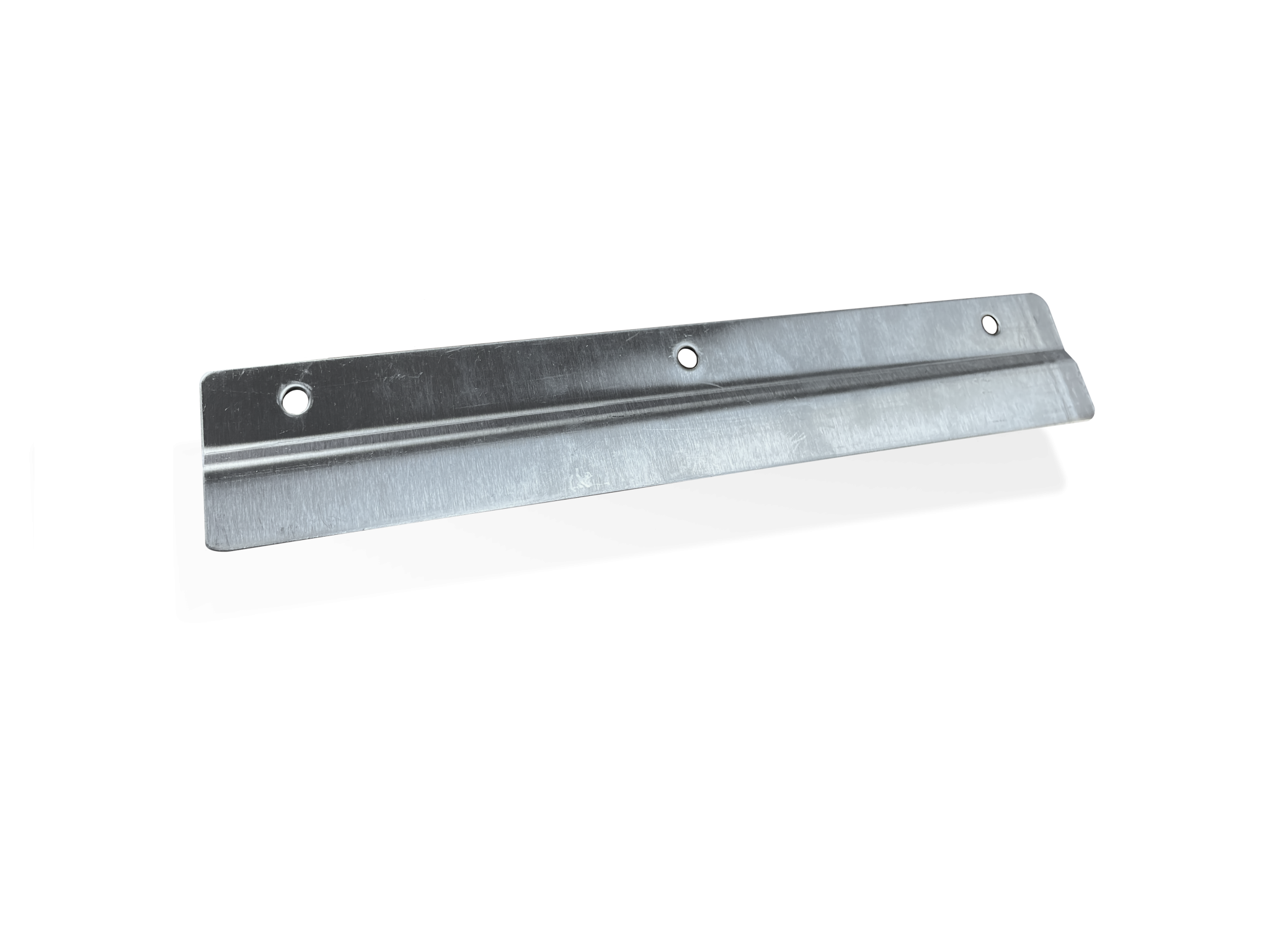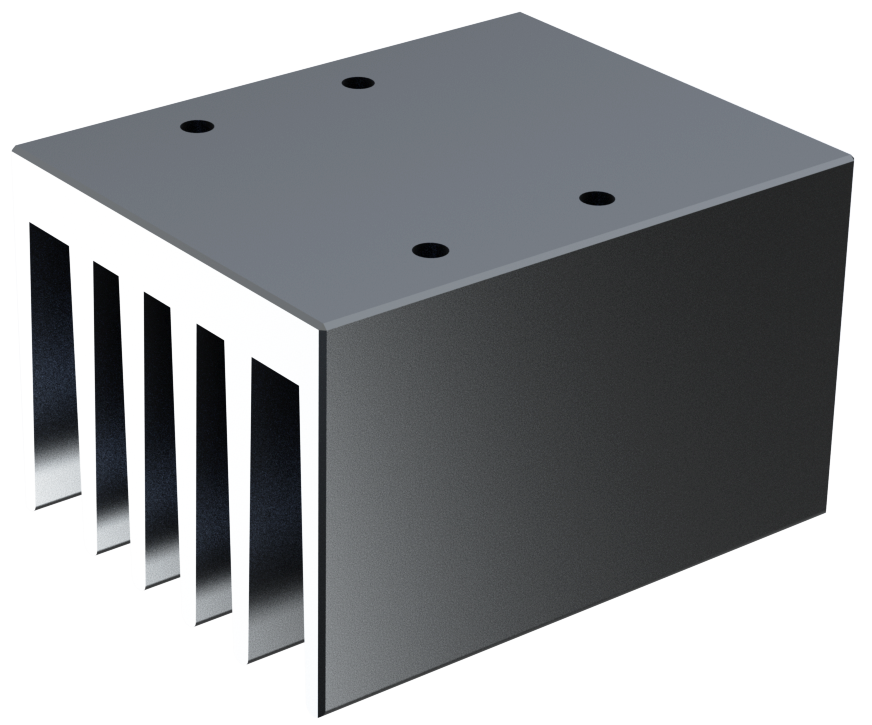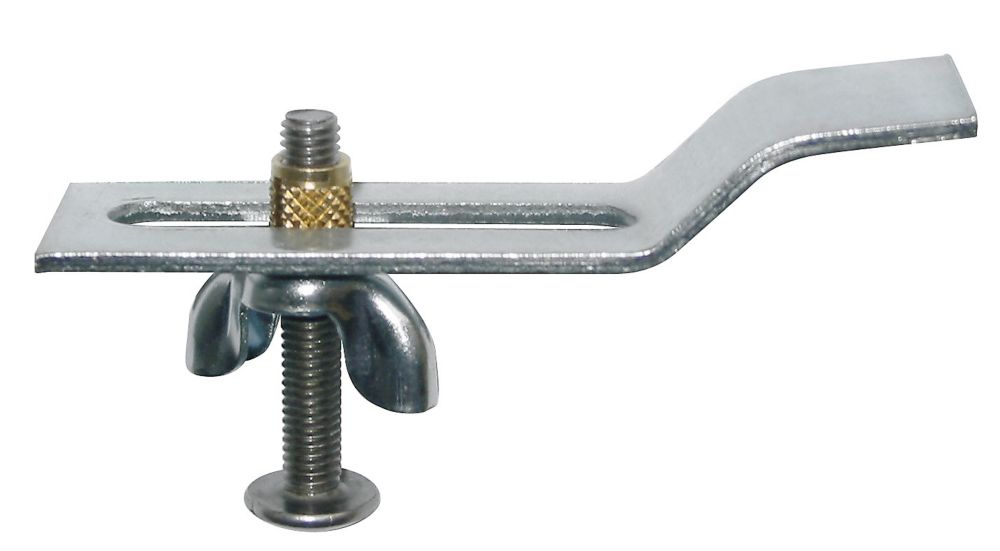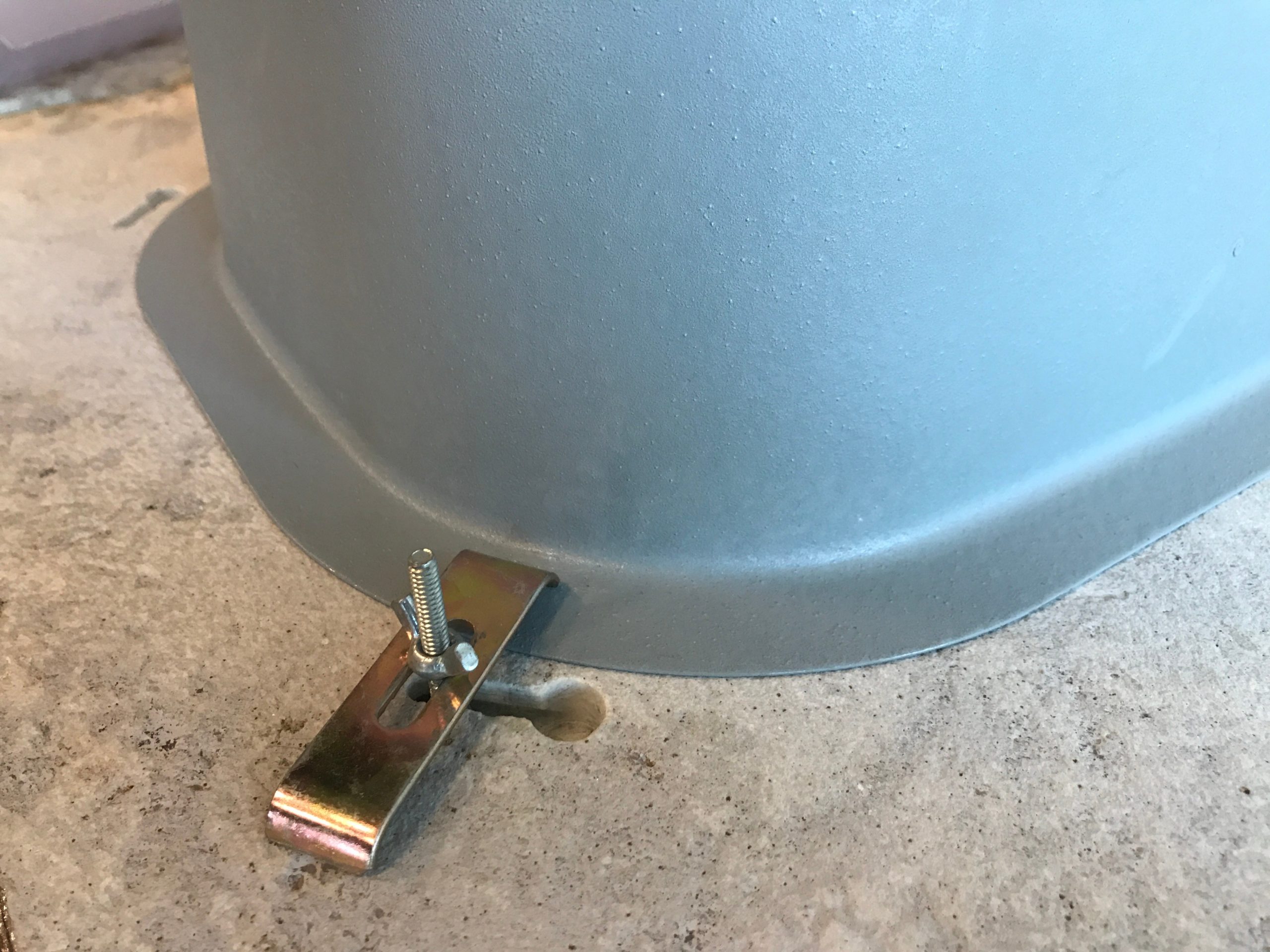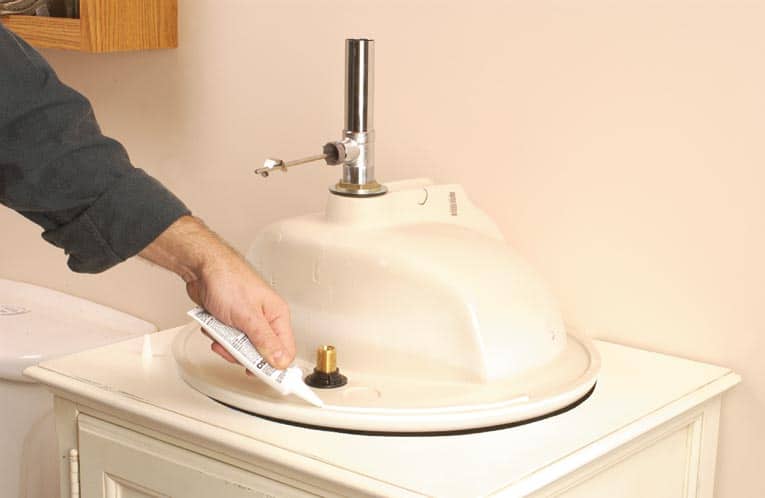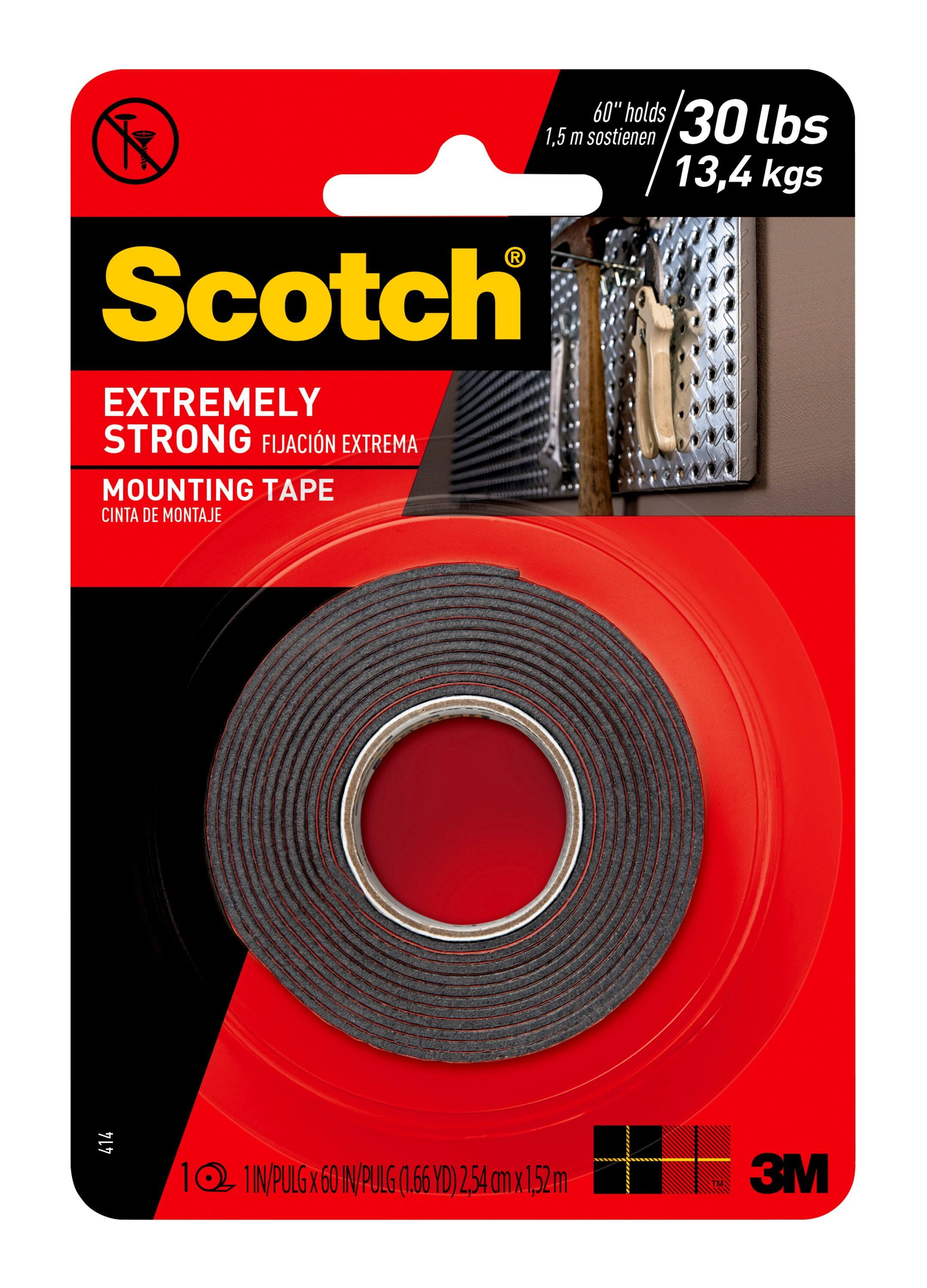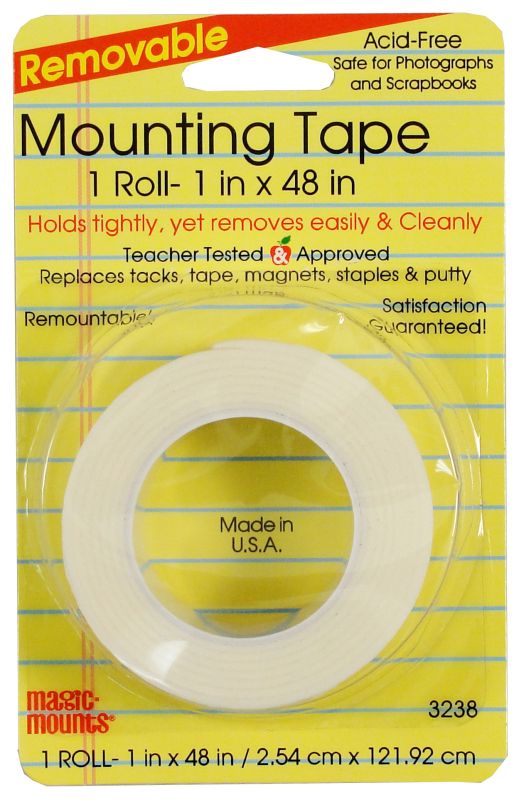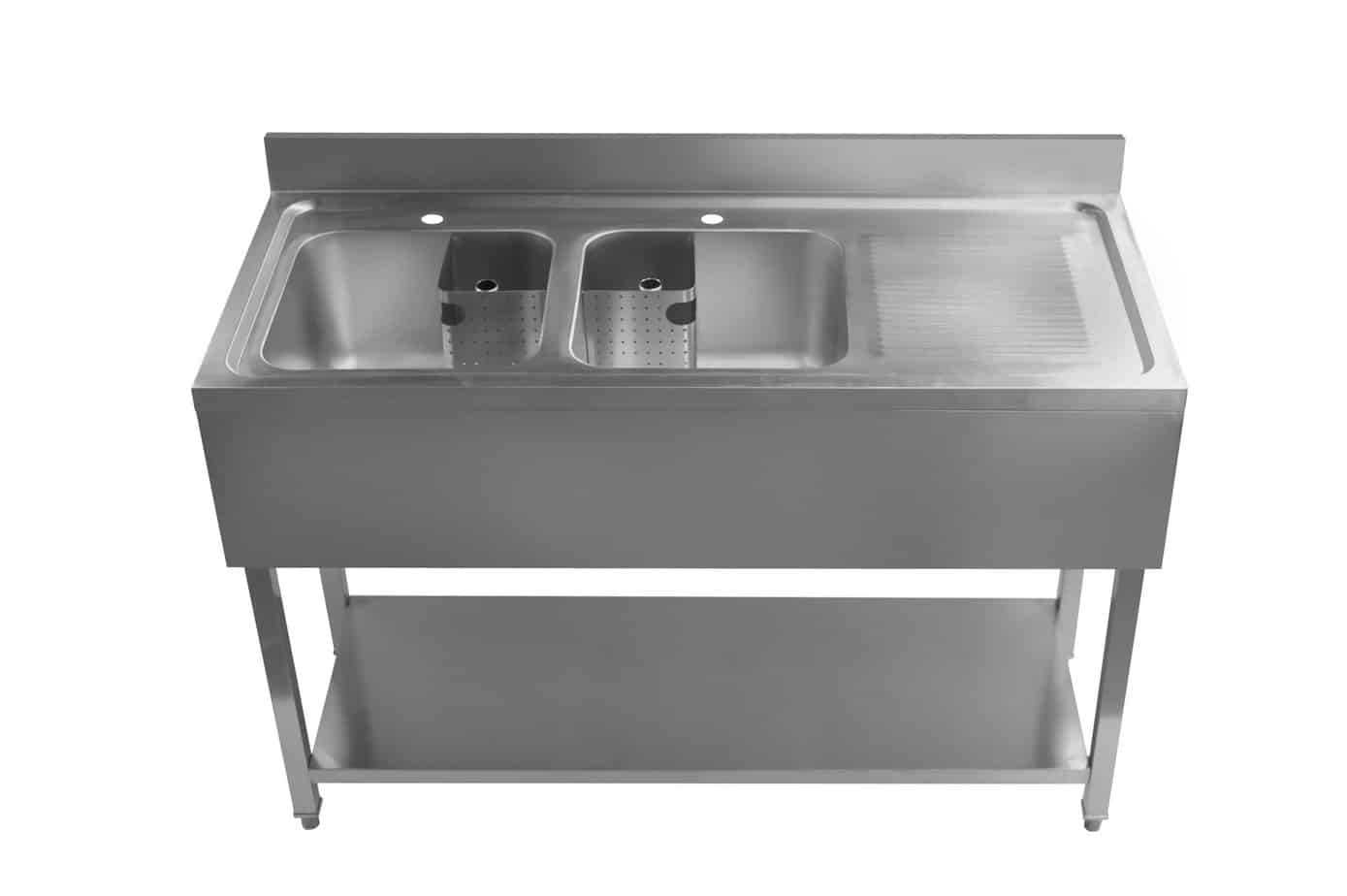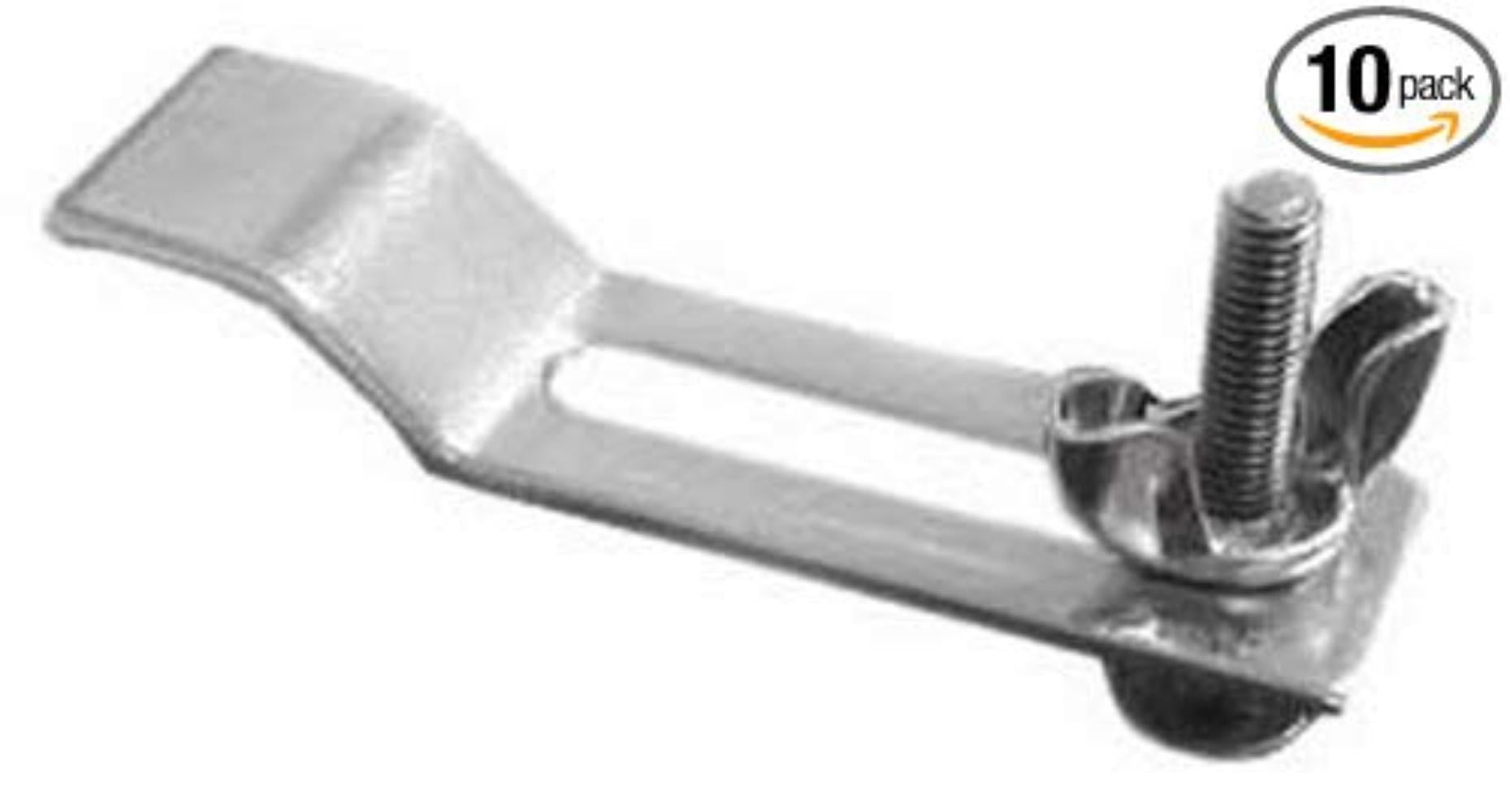1. Sink Clips
When it comes to installing a new kitchen sink, one of the most important materials you will need are sink clips. These small, metal clips are essential for securing your sink to the countertop and ensuring it stays in place. Sink clips come in different sizes and shapes to fit various sink types, so be sure to choose the right ones for your sink model. They are relatively easy to install and provide a sturdy and secure hold for your sink.
2. Plumbers Putty
If you want to prevent leaks and ensure a tight seal between your sink and countertop, plumbers putty is a must-have material. This soft, moldable substance is used to create a water-tight seal around the edges of the sink, preventing any water from seeping through. It is also useful for filling in any gaps between the sink and countertop, providing a smooth and seamless finish. Make sure to choose a high-quality plumbers putty to ensure a long-lasting seal.
3. Silicone Caulk
Similar to plumbers putty, silicone caulk is another essential material for sealing your sink and preventing leaks. Unlike putty, caulk comes in a tube and is applied with a caulking gun. It provides a more flexible and durable seal, making it perfect for areas that are prone to movement, such as the sink rim. Silicone caulk also resists mold and mildew, making it a great choice for kitchen sinks.
4. Sink Mounting Hardware
In order to secure your sink to the countertop, you will need the right mounting hardware. This includes screws, bolts, and brackets that are specifically designed for sink installation. Make sure to choose high-quality hardware that is durable and rust-resistant. It is also important to select the right size and type of hardware that is compatible with your sink and countertop material.
5. Sink Strainer
A sink strainer is a small but essential part of a kitchen sink installation. This small, perforated piece sits in the drain opening and catches any food scraps or debris, preventing them from clogging your pipes. It also helps to keep your sink clean and can be easily removed for cleaning. When choosing a sink strainer, make sure it is the right size for your sink and has a durable construction.
6. Sink Grid
If you want to protect the bottom of your sink from scratches and dents, a sink grid is a must-have material. This metal or plastic grid sits at the bottom of the sink and provides a flat surface for dishes and pots to rest on. It also helps to prevent any damage to the sink surface, making it last longer. Sink grids come in different sizes to fit various sink models, so be sure to choose one that is the right fit for your sink.
7. Sink Mounting Brackets
In addition to sink clips, you may also need sink mounting brackets for certain types of sinks. These brackets are used to secure the sink to the underside of the countertop and provide extra support. They are especially important for heavy or undermount sinks. Choose high-quality, sturdy brackets that are specifically designed for sink installation.
8. Sink Mounting Clips
Sink mounting clips are another type of hardware that is used to secure the sink to the countertop. These small, metal clips are attached to the underside of the sink and are fastened to the countertop with screws. They provide a strong and stable hold for the sink, ensuring it stays in place. Like sink mounting brackets, these clips are especially important for heavy or undermount sinks.
9. Sink Mounting Adhesive
In addition to hardware, sink mounting adhesive is another option for securing your sink to the countertop. This strong adhesive is applied to the underside of the sink and helps to hold it in place. It is a good choice for sinks that do not have mounting holes or for those that need extra support. However, make sure to read the instructions carefully and choose an adhesive that is specifically designed for sink installation.
10. Sink Mounting Tape
For a quick and easy sink installation, you can also use sink mounting tape to secure your sink to the countertop. This double-sided tape is strong and durable, providing a secure hold for your sink. It is also a great option for sinks that do not have mounting holes. However, make sure to choose tape that is specifically designed for sink installation and can withstand water and moisture.
In conclusion, when it comes to installing a kitchen sink, having the right materials is crucial for a successful and long-lasting installation. Sink clips, plumbers putty, silicone caulk, sink mounting hardware, sink strainers, sink grids, sink mounting brackets, sink mounting clips, sink mounting adhesive, and sink mounting tape are all important materials that will ensure your sink is securely and properly installed. Make sure to choose high-quality materials that are compatible with your sink and countertop for the best results. With the right materials and proper installation, your kitchen sink will not only look great but also function efficiently for years to come.
Choosing the Right Material for Your Kitchen Sink Installation
:no_upscale()/cdn.vox-cdn.com/uploads/chorus_asset/file/19495086/drain_0.jpg)
Materials Matter
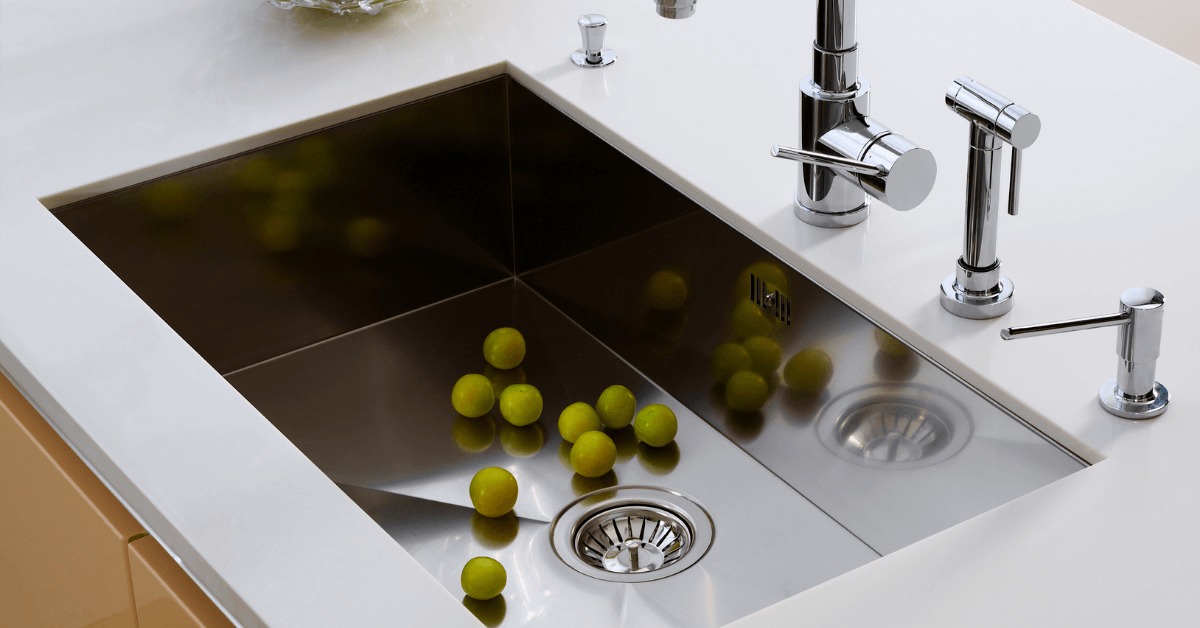 When it comes to designing your dream kitchen, every detail matters. From the color of the cabinets to the style of the countertops, each choice can make a big impact on the overall look and feel of the space. One important aspect of kitchen design that often gets overlooked is the material used for the sink installation. While it may seem like a small detail, choosing the right material for your kitchen sink can make a big difference in both functionality and aesthetics.
When it comes to designing your dream kitchen, every detail matters. From the color of the cabinets to the style of the countertops, each choice can make a big impact on the overall look and feel of the space. One important aspect of kitchen design that often gets overlooked is the material used for the sink installation. While it may seem like a small detail, choosing the right material for your kitchen sink can make a big difference in both functionality and aesthetics.
Natural Stone
/how-to-install-a-sink-drain-2718789-hero-24e898006ed94c9593a2a268b57989a3.jpg) One popular option for kitchen sink installation is natural stone. Natural stone sinks, such as granite, marble, and soapstone, offer a high-end and luxurious look to any kitchen. These materials are also very durable and resistant to scratches and stains, making them a practical choice for a high-traffic area like the kitchen. However, they do require regular sealing and maintenance to keep their shine and prevent damage.
One popular option for kitchen sink installation is natural stone. Natural stone sinks, such as granite, marble, and soapstone, offer a high-end and luxurious look to any kitchen. These materials are also very durable and resistant to scratches and stains, making them a practical choice for a high-traffic area like the kitchen. However, they do require regular sealing and maintenance to keep their shine and prevent damage.
Stainless Steel
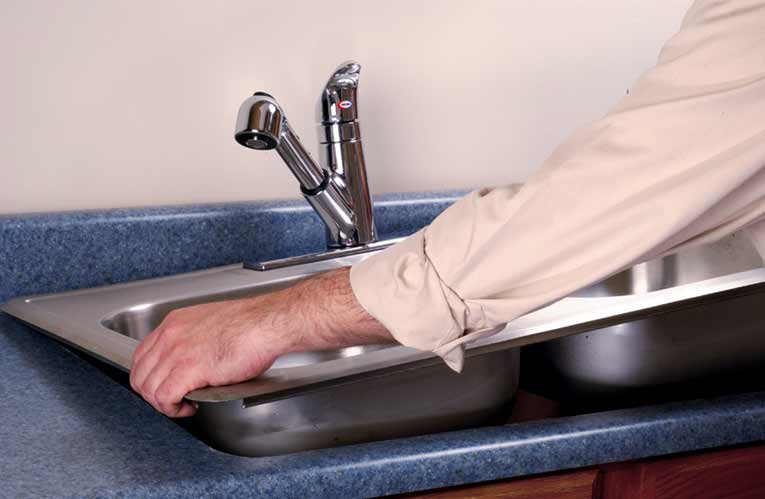 Stainless steel is a classic and versatile choice for kitchen sinks. It is known for its durability and ability to resist corrosion, making it a great choice for busy kitchens. It also offers a sleek and modern look that can complement a variety of kitchen styles. However, stainless steel sinks can be noisy and may show water spots and scratches more easily than other materials.
Stainless steel is a classic and versatile choice for kitchen sinks. It is known for its durability and ability to resist corrosion, making it a great choice for busy kitchens. It also offers a sleek and modern look that can complement a variety of kitchen styles. However, stainless steel sinks can be noisy and may show water spots and scratches more easily than other materials.
Fireclay
 Fireclay is a type of ceramic material that is becoming increasingly popular for kitchen sinks. It is made by firing clay and glaze together at extremely high temperatures, resulting in a durable and non-porous surface. Fireclay sinks offer a classic and elegant look with a smooth and easy-to-clean surface. However, they can be more expensive than other options and may require extra support due to their weight.
Fireclay is a type of ceramic material that is becoming increasingly popular for kitchen sinks. It is made by firing clay and glaze together at extremely high temperatures, resulting in a durable and non-porous surface. Fireclay sinks offer a classic and elegant look with a smooth and easy-to-clean surface. However, they can be more expensive than other options and may require extra support due to their weight.
Composite
 Composite sinks, also known as engineered stone, are made from a combination of natural materials, such as quartz, granite, and acrylic resins. This creates a strong and durable material that is resistant to scratches, stains, and heat. Composite sinks come in a variety of colors and textures, making them a versatile choice for any kitchen design. However, they can be more expensive than other materials and may not offer the same level of heat resistance as other options.
Composite sinks, also known as engineered stone, are made from a combination of natural materials, such as quartz, granite, and acrylic resins. This creates a strong and durable material that is resistant to scratches, stains, and heat. Composite sinks come in a variety of colors and textures, making them a versatile choice for any kitchen design. However, they can be more expensive than other materials and may not offer the same level of heat resistance as other options.
Copper
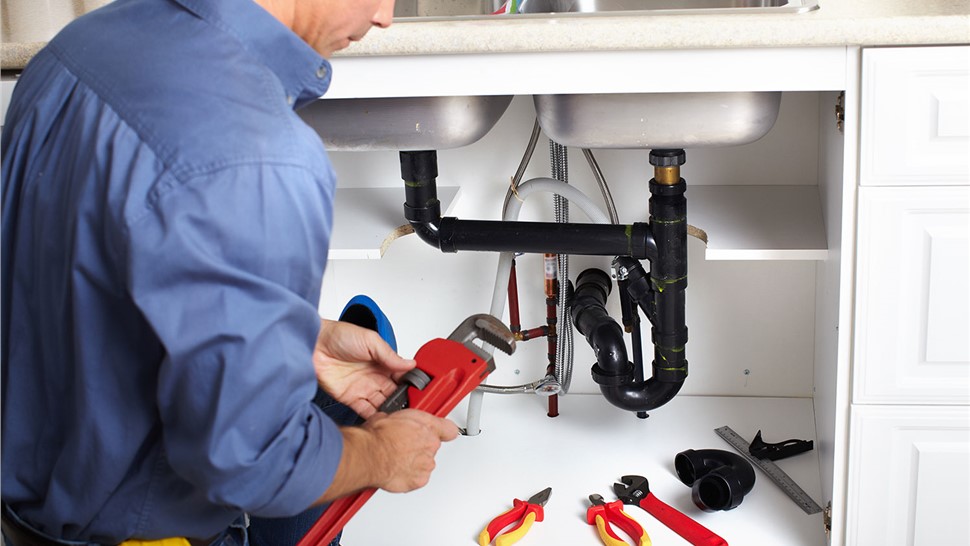 For a unique and eye-catching option, consider a copper sink for your kitchen installation. Copper sinks offer a warm and rustic look that can add character to any kitchen. They are also naturally antimicrobial, making them a hygienic choice for food preparation. However, copper sinks can be prone to scratching and may require regular polishing to maintain their shine.
For a unique and eye-catching option, consider a copper sink for your kitchen installation. Copper sinks offer a warm and rustic look that can add character to any kitchen. They are also naturally antimicrobial, making them a hygienic choice for food preparation. However, copper sinks can be prone to scratching and may require regular polishing to maintain their shine.
Final Thoughts
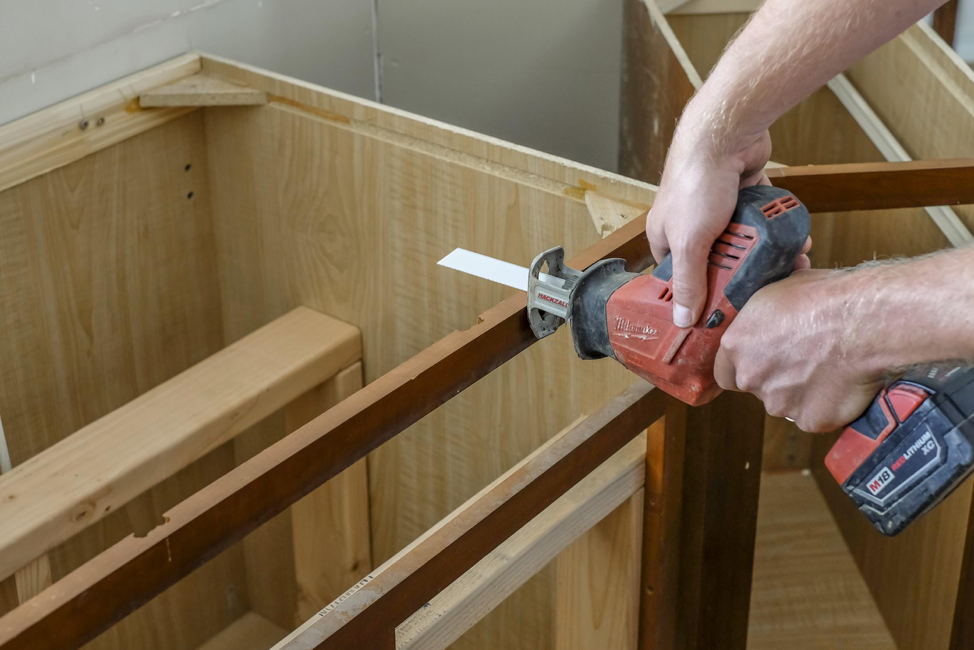 Choosing the right material for your kitchen sink installation is an important decision that can greatly impact the functionality and design of your space. Consider your budget, style, and maintenance preferences when making your choice. Whichever material you choose, make sure to properly install and maintain it to ensure it lasts for years to come.
Choosing the right material for your kitchen sink installation is an important decision that can greatly impact the functionality and design of your space. Consider your budget, style, and maintenance preferences when making your choice. Whichever material you choose, make sure to properly install and maintain it to ensure it lasts for years to come.
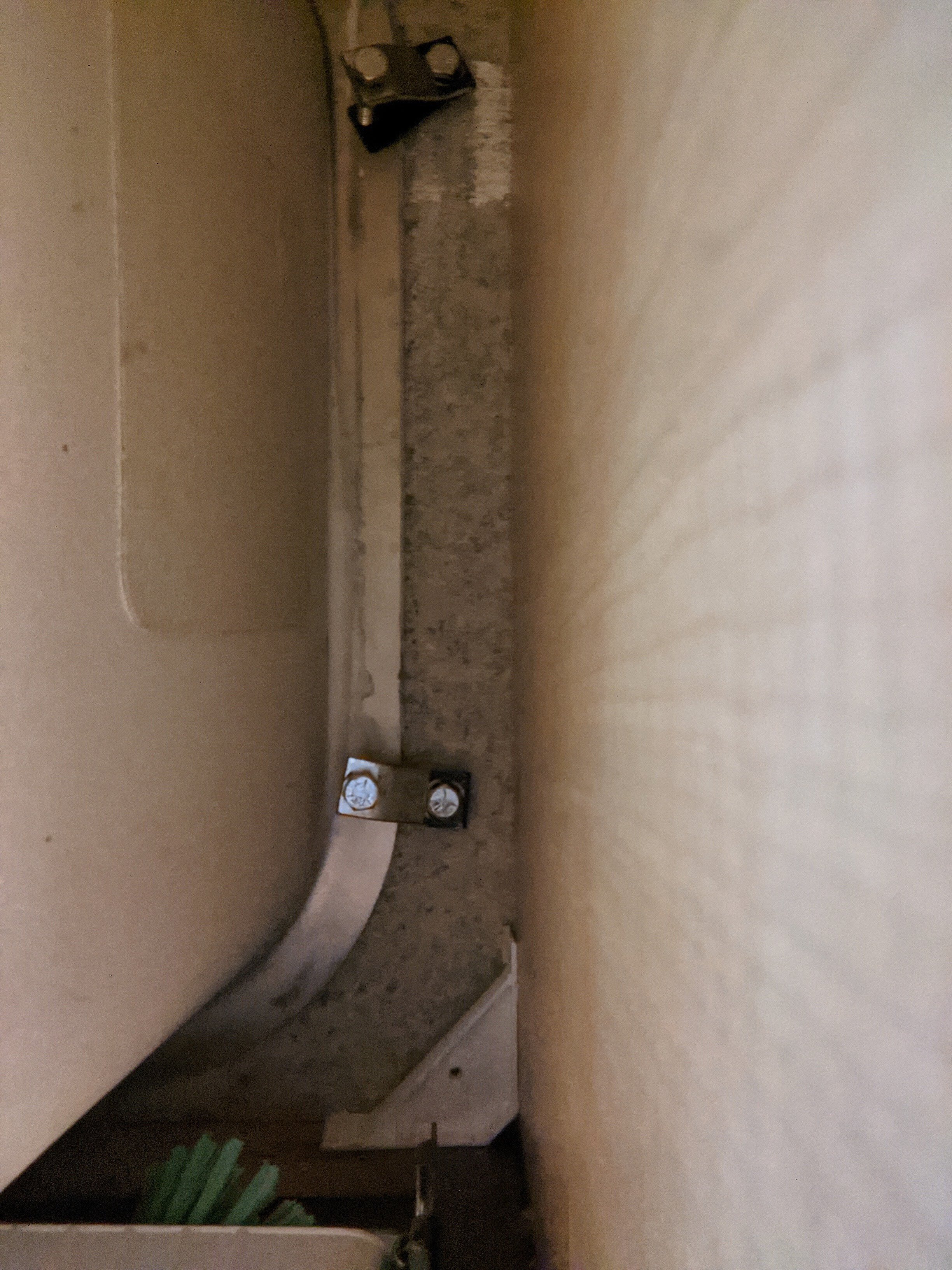






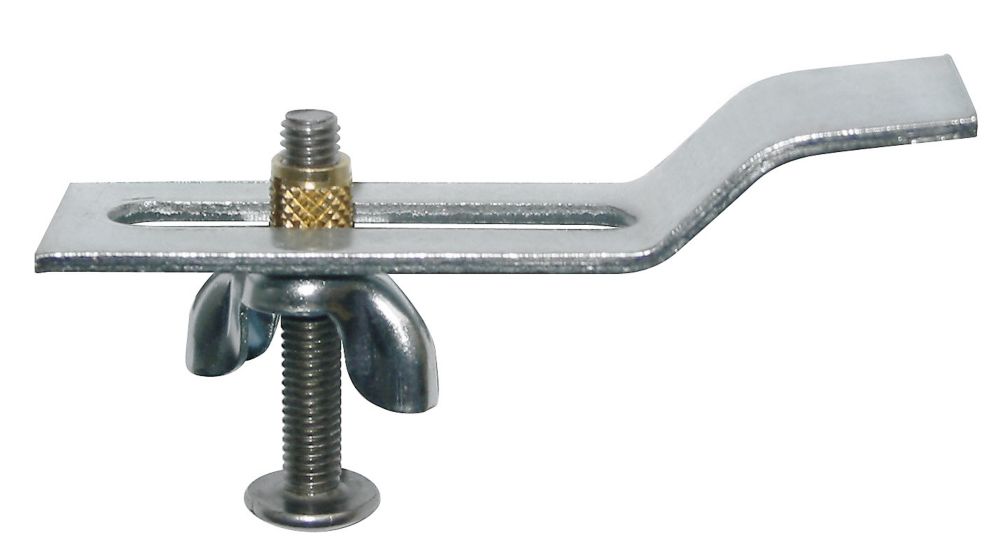



:max_bytes(150000):strip_icc()/replacing-existing-surface-mounted-sink-1824896-06-d8eb6b67fe4f451b90c415551f75ad0f.jpg)
